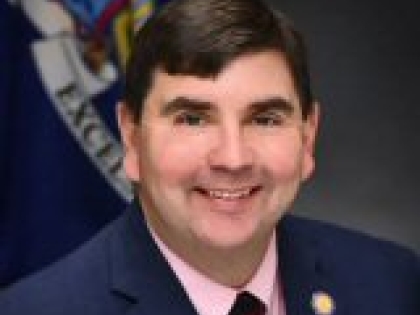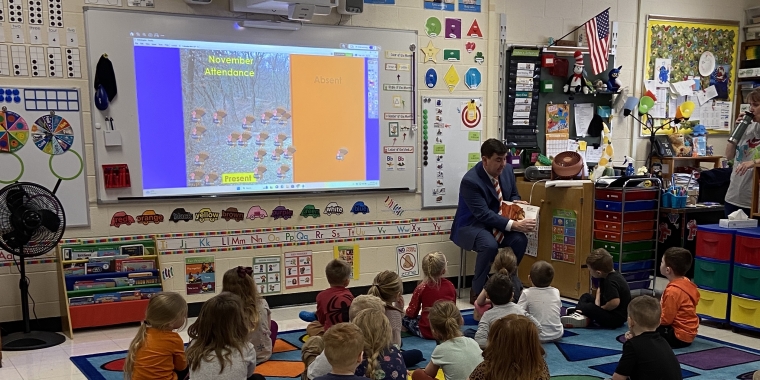
More states line up to serve free school meals to all kids
During his long career as a high school teacher, New York state Sen. John Mannion often reached into his own pocket to cover the cost of lunches for kids who didn’t have the funds.
“I watched kids get to the end of the line and not have enough money on their cards,” the Democrat said in a phone interview with Stateline as the legislative business of the Senate droned on in the background. The cafeteria worker would have to tell students that they were over their limit. That’s when Mannion frequently stepped in.
Now, Mannion, who is in his second term representing an upstate district, is trying to help on a broader level: He is championing a proposal to offer free school meals to as many kids as the state can afford to serve.
New York is one of many states where legislators are trying to make school breakfasts and lunches available to some, if not all, students at no charge. Six states — California, Colorado, Maine, Massachusetts, Nevada and Vermont — recently implemented state-sponsored universal free meal programs in schools. The California and Maine programs are permanent. Colorado’s plan, which voters approved via ballot initiative, requires school districts to opt in, but the state shoulders the cost.
...
There’s little disagreement that kids with full stomachs learn better — the problem is how to pay for the meals. And when families fall behind on paying for meals, school districts are often stuck with the tab. A 2022 survey by the School Nutrition Association found $19 million in outstanding debts to school districts for unpaid school meal bills.
Mannion succeeded in getting $134 million for free school meals incorporated into New York’s 2024 budget, which along with federal funding should cover about 81% of the state’s kids, Mannion estimated.
...
Mannion said his bill isn’t universal because of the cost. “The original proposal was that the state cover the costs for all districts,” he said. “We ended up with what I think was a great compromise.”
